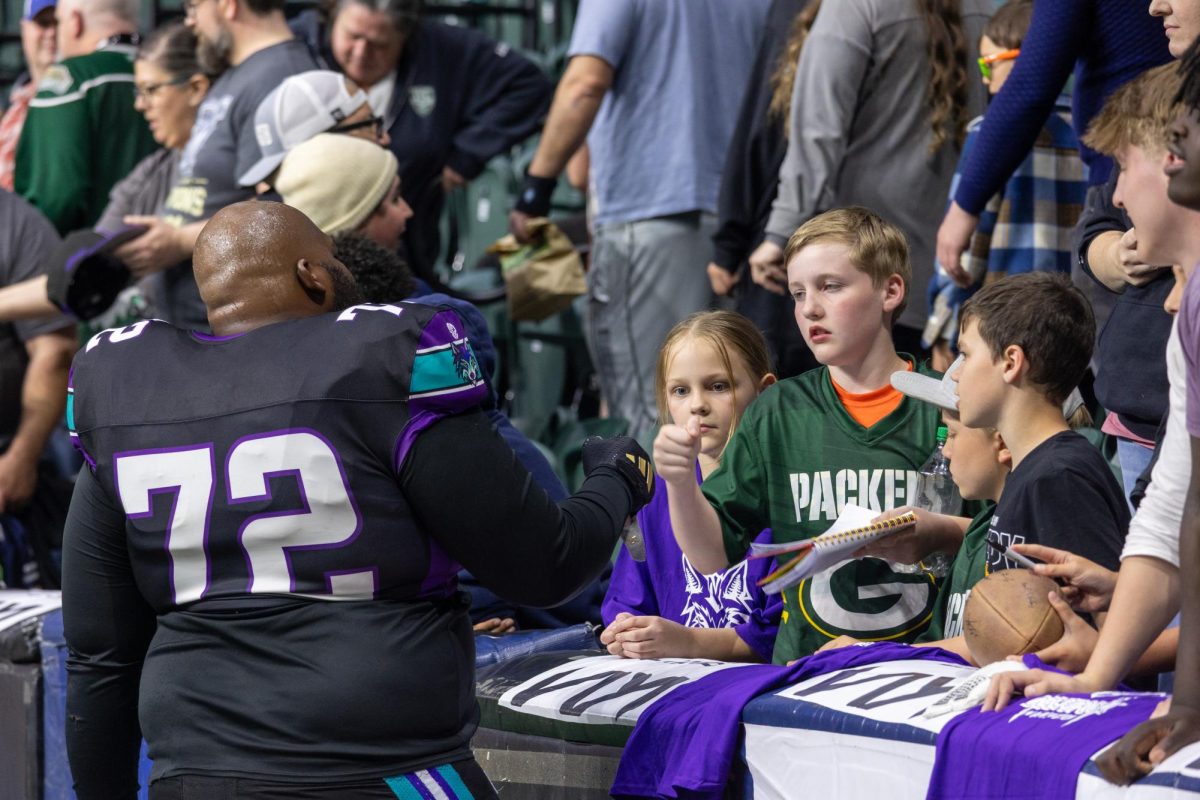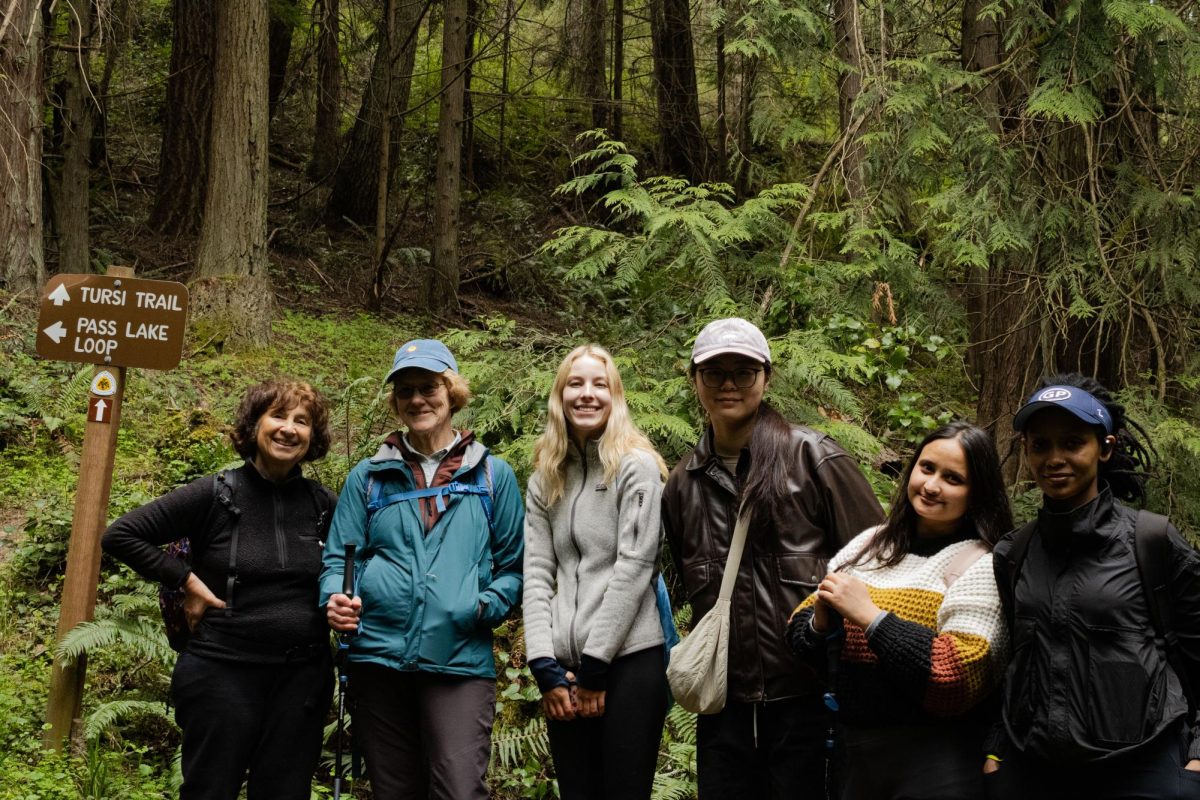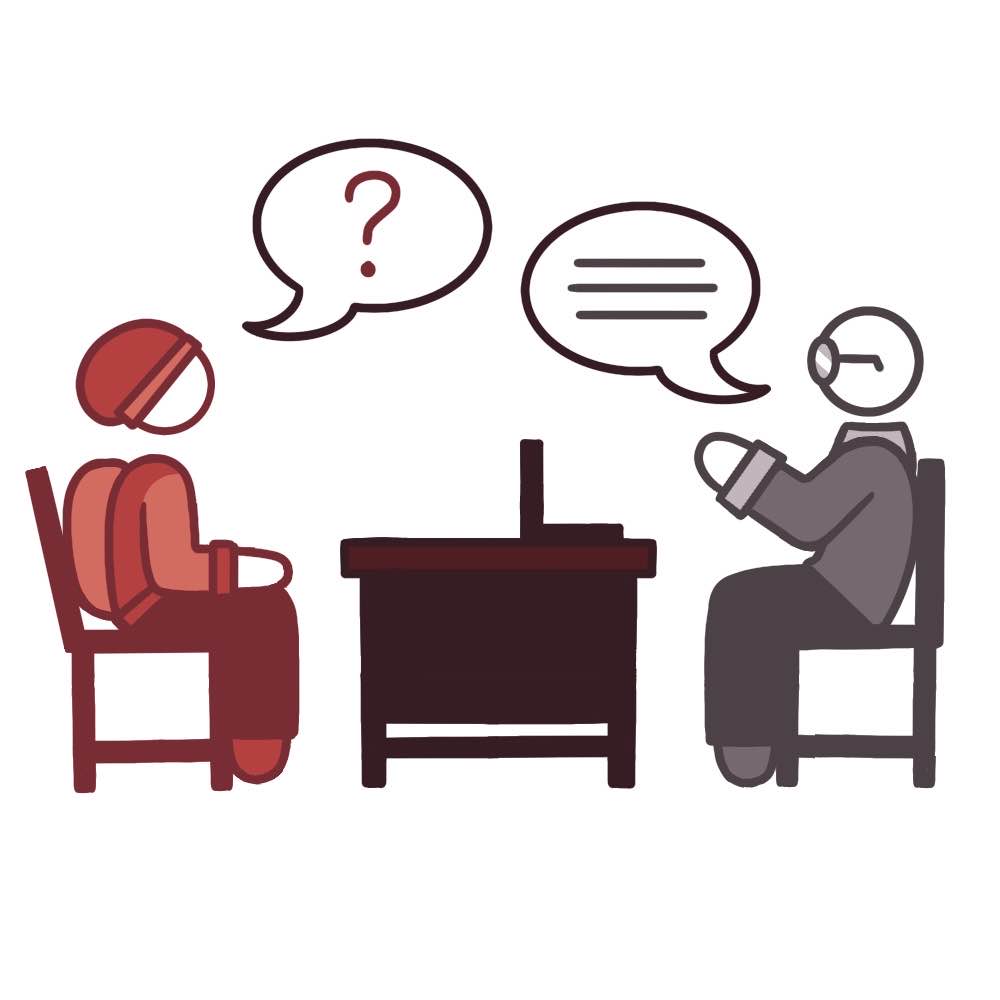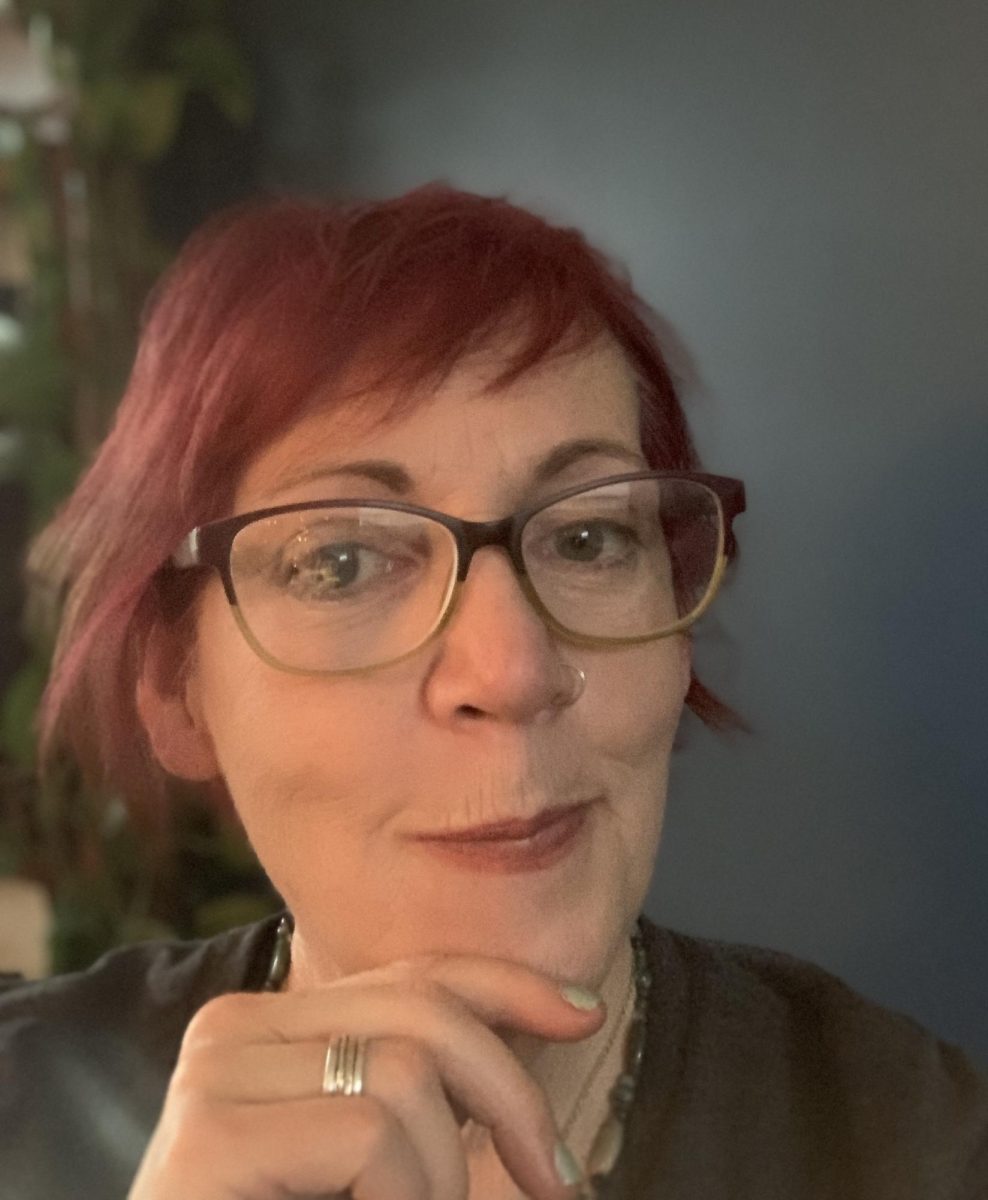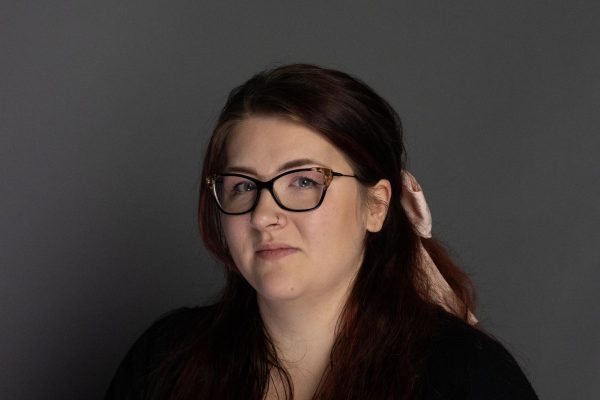What is Cocoon House?
Cocoon House, founded in 1991 as an emergency youth shelter, has grown to be a support system and advocacy program for Snohomish County youth experiencing homelessness, family instability and personal crisis.
The nonprofit’s mission statement is, “To empower young people, families and the community to break the cycle of homelessness through outreach, housing and prevention.”
“That’s a little bit outdated, that mission,” said CEO Joseph Alonzo. He explained that Cocoon House has expanded their work to include employment programming, which is a big part of how they’re combating the crisis today.
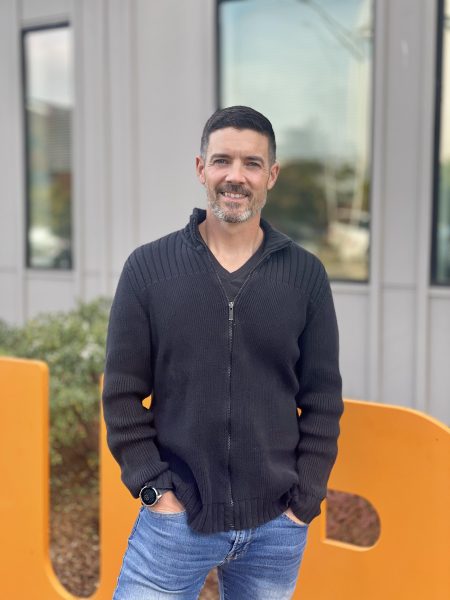
“Our job is really to raise awareness around what young people are experiencing, to break down stereotypes or misperceptions around why youth are homeless and to educate people and bring them to the table as a partner in supporting change for young people.”
According to the Snohomish County Government Point-in-Time survey, an estimated 1,285 people were found to be facing homelessness in 2023.* Of those 1,285, 15.7% were minors under 18 and 5.4% were between the ages of 18 and 24.
Cocoon House offers a variety of support programs and housing options for young people struggling in our community.
“We are, I guess, the vehicle or the tools for this work, but it really is family engagement. It’s community engagement. It takes an entire community to really address this issue and support these young people.”
Alonzo, originally from Jacksonville, Oregon, has been working in the homeless youth sector for 17 years. He got his start working with teens and young adults in psychiatric residential care in 2001.
“It’s definitely a population that’s near and dear to my heart.”
What are some of the reasons young people are facing homelessness?
“Oh, boy. There are so many reasons,” said Alonzo. “I always tell people there are no two stories that are the same.”
The lack of affordable housing is at the top of the list, but other factors include conflicts within family dynamics, a lack of the financial resources needed to feed, shelter and clothe an elder sibling and substance abuse issues, whether that be with the parent of the youth or the youth themselves.
“We see young people who are asked to leave or who leave the home because they don’t feel welcome. I think almost 40% of the young people we serve identify as LGBTQ, and there’s a fear of not being accepted… or they are just not comfortable sharing for whatever reason. And so, they’ll leave or get kicked out.”
There is no one reason why a young person might find themselves in need of assistance. Every person Cocoon House serves has a unique story.
What does Cocoon House do?
The organization provides housing options and resources for minors aged 12-17, as well as for young adults 18-24, but the resources available for the two groups look a little different.
“It’s interesting because there’s a legal mechanism that makes someone who turns 18 all of a sudden an adult. You’re not much more of an adult at 18-and-a-half than you were at 17-and-a-half,” Alonzo said.
“We have to, as an organization, really understand the differences between how to administer a program for minors and a program for young adults. They’re quite different, but the engagement between our staff and the young person… looks pretty much the same. We’re partnering up with them, trying to identify the goals they have for themselves, and then we try to find the resources and support them to achieve those goals.”
There are more laws and regulations pertaining to the minor group. Parental notification and involvement in Cocoon House’s work with the minor is a large part of that. With young adults, parental involvement is no longer a requirement, though they still try to engage with parents whenever possible.
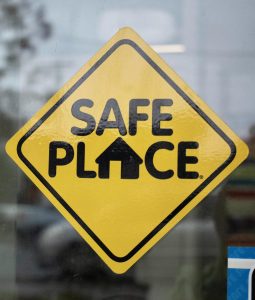
Within the young adult group Cocoon House serves, Alonzo said a considerable portion are current or aspiring students. Along with employment programming, the organization helps young people obtain their high school education equivalent, internships and entry into higher education.
“We’ve had a lot of success placing youth into internships. We actually have a program where we pay for our interns to go into different workplaces and get the internships. So even if the employer doesn’t pay, Cocoon House has funding to pay for that experience… We’ve really tried to make an effort in that space to get our young people the skills they need to make a living wage and be employable.”
For the past year and a half, the nonprofit has partnered with EvCC in a pilot program called Onward Learning. Cocoon House, in collaboration with the Snohomish County nonprofit organization Housing Hope, refers youth that are college eligible to enroll at EvCC and stay in the dorms without cost.
The college is “providing the units and the assignment of the units… and then Housing Hope is the service provider that really works with the young people on an education and employment plan. Then Cocoon House is providing the day-to-day case management, making sure they have… funding, personal finance, case management support if they need mental health counseling. We’re trying to give them that kind of personal support so they can stay and focus on their schoolwork and be successful.”
What can you do to help?
Grant funding comes with regulations that sometimes make it difficult or impossible for young people to get items they need. One way to help combat this is through the donation of gift cards.
“Gift cards to places like department stores, grocery stores, those are always really, really helpful.”
“Cocoon House also maintains an Amazon wish list… if we know the winter season is coming, sometimes we’ll have a link to a bunch of different jackets or warm socks or sleeping bags or just different things that help young people who are not stable in their housing. Other times we’ll have requests on there for job interview clothing, stuff like that.”
Even with the vast array of resources provided by Cocoon House and other assistance programs, there are still gaps to fill when it comes to meeting the needs of the struggling youth in Snohomish County.
“We move people into housing, but we don’t often think about, like, do they need cleaning supplies for their housing unit? They’re going to be on a lease. Do they need bedding? What do they need? There’s just a lot of things you take for granted in your day-to-day that our students don’t. They have need for their basic needs to be met.”
For people looking to get involved in volunteering, Cocoon House hosts volunteers to help with landscaping and painting. There are also options for third-party groups or companies to host fundraising events to help the organization on their own terms.
When it comes to assisting with the youth face-to-face, there are stricter limits on the volunteering opportunities due to confidentiality restrictions. Prior to the COVID-19 pandemic Cocoon House provided a broader range of volunteering options, but the timeline for reopening those positions has been slow moving. However, there are plenty of employment opportunities for those looking to get involved.
“We’re looking for folks who have an interest and passion for people. There’s not a lot of experience required for some of our jobs, but having a degree or a pursuit of a degree in a human services-type industry are always good places to start.”
In addition to full-time positions, Cocoon House has part-time and on-call positions available.
“There’s need 24/7. We run 24/7. So if during the week you’re at school and you want study time, but you want to be able to work weekends and can do an overnight, overnight shifts are hard to find people (for)… There’s a little bit of a process of background (checks) and being eligible to do this work, but once through, that’s it. And it’s super rewarding. It’s challenging, but it’s super rewarding.”
Cocoon House is a nonprofit organization that values diversity, equity and inclusion for those they serve and those they employ. EvCC, its faculty and student body share those same values. We can and should work together to break the cycle of homelessness in our community.
If you or a young person you know is struggling with housing instability, family instability or personal crisis, do not hesitate to reach out for help in connecting with the resources you need.
*“The annual Point-in-Time (PIT) count provides a snapshot of homelessness in Snohomish County on a single night in January. While it is not possible to count every homeless person, the methodology includes outreach efforts targeting known areas and general canvassing to capture the best picture possible.” Source
Resources:
2-1-1: Volunteers of America 24/7 free resource list hotline. Call this number and explain your need to get connected or go to https://www.211.org/ for more information.
9-8-8: Volunteers of America 24/7 free suicide and crisis hotline. If you’re in crisis, feeling unsafe or suicidal, call to speak with a live counselor.
For people aged 12-17 who need a safe place to stay tonight: call or text Cocoon House at (425) 877-5171
For people aged 18-24 who need a place to stay: call or text Cocoon House at (425) 541-7685 to start the intake process.
For more information about Onward Learning call (425) 866-6280 or email [email protected] or visit TRiO or the Diversity &Equity Center on campus





